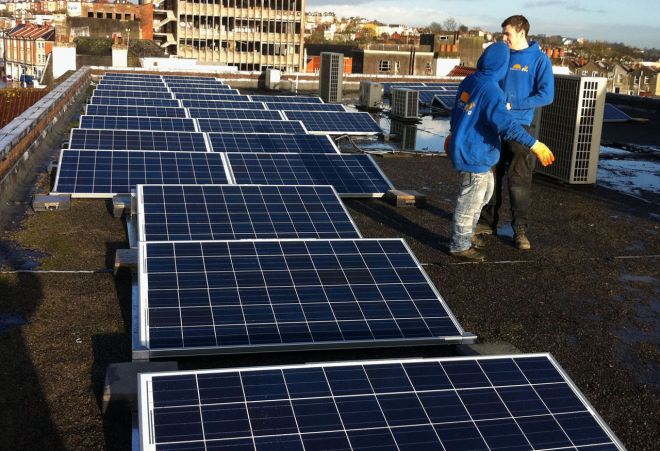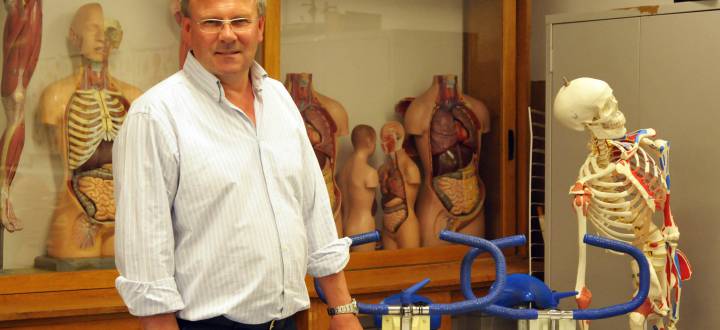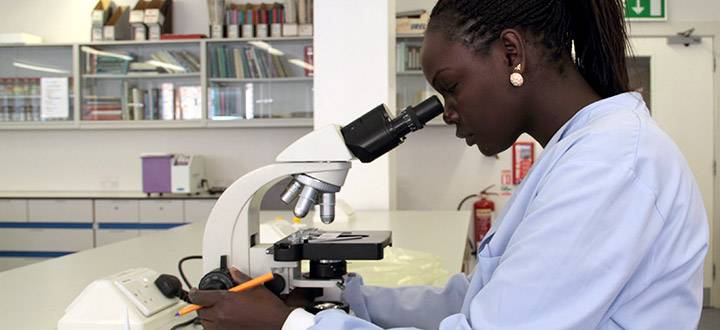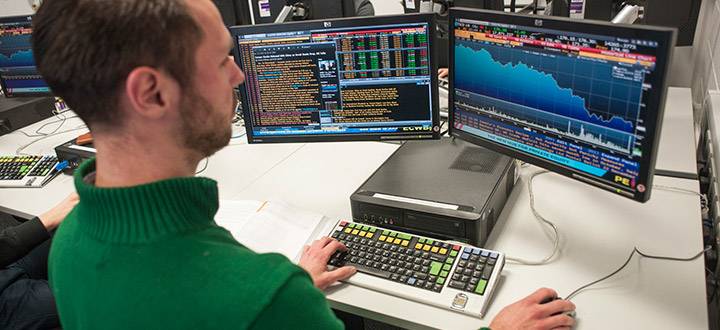Community entrepreneurship in renewable energy
Renewable technologies now produce more than 20% of the UK's electricity, and EU targets mean that this is likely to increase to 30% by 2020. It is important not to ignore the potential role of community renewable energy projects in this future energy production. According to the Department of Energy and Climate Change, there are more than 5,000 community energy groups active in the UK, and groups like these could be supplying enough electricity for one million homes by 2020.
Identifying the keys to success
 Kingston University's Small Business Research Centre (SBRC) is conducting a research study which aims to help these groups grow. The Audio-Visual Entrepreneurship Resources and Network project, funded through a donation from YTL Corporation, explores the challenges and activities of entrepreneurs engaged in community energy projects in England, and the factors that affect the growth of community renewable energy generation and low carbon communities. It is identifying the knowledge and skills required to realise innovation and entrepreneurship within existing community energy projects, so that other community leaders can find the confidence and expertise to set up similar schemes.
Kingston University's Small Business Research Centre (SBRC) is conducting a research study which aims to help these groups grow. The Audio-Visual Entrepreneurship Resources and Network project, funded through a donation from YTL Corporation, explores the challenges and activities of entrepreneurs engaged in community energy projects in England, and the factors that affect the growth of community renewable energy generation and low carbon communities. It is identifying the knowledge and skills required to realise innovation and entrepreneurship within existing community energy projects, so that other community leaders can find the confidence and expertise to set up similar schemes.
The research is led by Professor Audley Genus, YTL Professor of Innovation and Technology Management in the SBRC, Kingston University Business School. Genus is developing an institutional approach for stimulating sustainable innovation and entrepreneurship in firms and communities. The research aims to build up a bank of evidence on community energy projects and entrepreneurs that can be used to help promote and realise successful community projects through knowledge sharing and network building.
Spreading the word

Professor Audley Genus
The research findings will be shared with organisations linked to community energy projects at workshops and other events. They will also inform a range of activities on which Genus engages with the Sustainable Consumption Research and Action Initiative (SCORAI Europe) network, and the Responsible Innovation and Sustainable Entrepreneurship (RISE) research group, a Kingston University and University of Greenwich partnership. Genus believes his collaboration with key sector bodies such as Community Energy England is a vital element of the research to ensure the findings are disseminated to create a nationwide catalyst for growth and change.
The study, which ties together research, engagement and enterprise, will ultimately help to improve existing practices and help communities learn from each other. Community renewable energy projects could help make energy cheaper and lower carbon omissions. It could also bring wider benefits such as local economic regeneration, creating a stronger sense of community, and reducing our reliance on major energy suppliers.
The research team have been invited to share the findings of the project with Fens Co-operative at their Annual General Meeting in June 2016. Genus has also been invited to present work relating to the project at the Tyndall Centre for Climate Change Research, at University of Manchester.
Funding
- YTL Corporation
Publications
- A-M Coles, Piterou, A, and A. Genus (In press). "Sustainable energy projects and the community: mapping single building use of microgeneration technologies in London", accepted by Urban Studies
- Genus, A and K. Theobald (In press). "Creating Low Carbon Neighbourhoods: a Critical Discourse Analysis", accepted by European Urban and Regional Studies
- Genus, A and K. Theobald (2015). "Roles for University Researchers in Urban Sustainability Initiatives: the UK Newcastle Low Carbon Neighbourhoods project", Journal of Cleaner Production, 106, 1, pp. 119-126.
-
Genus, A. (2016) Sustainable Consumption: Design, Innovation and Practice. Dordrecht: Springer
Links
- Find out more about Prof Audley Genus
- Find out more about SBRC
Contact us
- For non-student research enquiries, email the Research Office
- Research contacts
- Graduate Research School contacts
- Business and Enterprise contacts
- How to get to Kingston University
Contact us
- For non-student research enquiries, email the Research Office
- Research contacts
- Graduate Research School contacts
- Business and Enterprise contacts
- How to get to Kingston University


